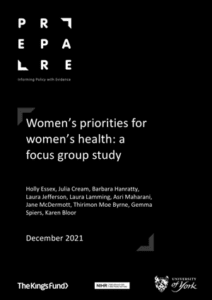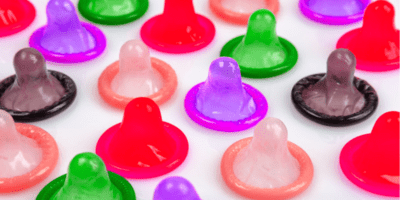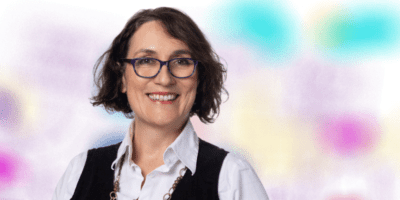Dr Holly Essex is a health researcher and midwife. Her research work sits within the Health Services and Policy Research Group at the University of York. Holly’s PhD explored predictors of instrumental and caesarean births in the UK and she recently worked with colleagues on qualitative research that fed into the development of a UK Government Strategy for Women’s Health in England.

“We asked women about their priorities for women’s health, barriers to accessing health and care services, being ‘heard’ by health care professionals and sources of information about health.”
Splitting my time between midwifery and research
I am a health researcher with a Bachelor’s and Master’s degree, as well as a PhD in Health Services Research. I currently work in the Health Services and Policy research group at the University of York. I have a particular interest in maternity services and women’s health research and I also qualified as a midwife in 2017. I split my working week between midwifery and research.
At the University of York, I work on varied research projects, including planning research, analysing data and writing up the findings for dissemination (e.g. in reports and journal articles). I conduct both quantitative research (with measurable outcomes and numbers) and qualitative research (finding out about people’s lived experiences).
Improving health services for women
In 2021 the UK Government put out a ‘call for evidence’ about women’s health as they wanted to put together a strategy to improve health services for women. As part of the call for evidence, myself and a group of researchers from the Universities of York, Newcastle, Manchester and the King’s Fund conducted some qualitative research.

Headline findings
Women’s priorities for women’s health
We spoke to women in four different age groups and from varied backgrounds and asked them to tell us what was important to them. Women’s health priorities changed across their life-course, from issues to such as contraception and periods (age 18-24), to fertility and childbirth (age 25-44), then issues like the menopause (age 45-65) and then managing long-term conditions (65+).
Across all age groups, mental health was a very significant topic, where women felt there was not enough support, or investment in services. Also, women felt the age cut-offs for cervical and breast cancer should be extended, or at least explained better.
Women’s voice
We asked about being listened to by health professionals. Many women felt they are not being listened to about their health needs – with older women feeling ‘invisible’ to health professionals, and women throughout their lives experiencing a lack of empathy around their health problems, leaving them feeling ‘ignored’ or ‘brushed off’
Barriers to open discussions about women’s health
We asked women about the barriers they experienced in speaking to health professionals. A lot of women spoke about not knowing what is normal, or when to ask for help, which relates to a lack of knowledge and information around women’s health in general. Some women’s health problems are also perceived to be embarrassing or taboo subjects, making it more difficult for them to discuss.
When trying to access health care, many women spoke of struggling to get appointments with a GP, especially if they wanted to speak to a female GP and this was made more difficult by personal factors, such as fitting in appointments around school, work or childcare. When women did get to see a GP, the short appointment times made it more difficult to discuss their problems in detail.
Full details of the report findings can be found here:
Recommendations for potential improvement for women’s health services in the NHS
The findings from our focus groups reveal areas of potential improvement for women’s health services in the NHS.
Our recommendations fell into two main areas:
- Education and reliable information on women’s health.
- Increasing education about women’s health from school onwards and improving professional training
- Providing improved and easily accessible information about women’s health
- Access to services for support and advice about women’s health.
- Improving health support in schools
- Facilitating peer support groups on specific women’s health topics, e.g. menopause.
- Enabling women to access professional advice about women’s health in a timely manner.
- Establishing women’s health specific clinics, led by a specialist health professional (preferably female), to provide a single point of access for women’s health
These recommendations were incorporated, alongside those from the wider survey responses, into the Women’s Health Strategy. Planned changes have already been announced by the UK Government, such as the expansion of dedicated women’s health hubs and mandatory training for health professionals about female medical conditions, which is fantastic news.
How the Womanthology community can lend their voices to further these issues
The Womanthology community can help move this forward by encouraging open conversations about women’s health with friends, family, and health professionals, as well as through online platforms such as social media, to try to break down the taboo of women’s health issues. Also, by providing feedback, good or bad, to health services about any care related to women’s health.
Coming up next
I am currently finishing up another big project whilst also reading up on the next project I will be working on, which is very exciting. I look forward to being able to share more details soon. In the meantime, watch this space!






